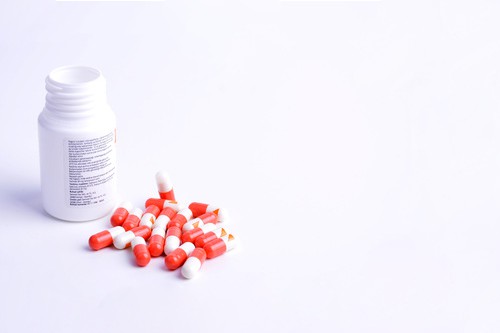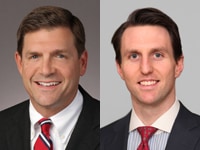
It is well recognised that in the US there are multiple layers of legal, regulatory and industry standards that govern the marketing and promotion of drugs by manufacturers. While the rules are often far from clear, enforcement has been increasing dramatically. Over the past several years, the Department of Justice (DOJ) has recovered billions of dollars in cases involving the promotion of a drug for an indication that had not been approved by the US Food and Drug Administration (FDA).
What makes these enforcement efforts so confounding is that the off-label prescription and use of drugs is fairly widespread and legal in many circumstances but the promotion of off-label use of drugs by pharmaceutical manufacturers is sharply circumscribed.
Despite the freedom afforded to clinicians, manufacturers operating in the US may not promote their products for any indication that has not been approved by the FDA. While that may seem unambiguous, it is seldom clear in application and this lack of clarity stems from the reality that manufacturers are usually the best source of information for clinicians regarding the use, safety and efficacy of a drug.
At the same time, drug manufacturers operating in the US, unlike those operating in the UK and continental European countries, face major criminal and civil liability suits if, according to the less than clear guidance, they promote or otherwise attempt to influence physicians to prescribe for off-label indications. Drug manufacturers operating in the US are thus forced to grapple with a regime of limited rulemaking and broad enforcement.
This regulatory uncertainty is complicated by the significant First Amendment free speech concerns attendant to prohibitions on the dissemination of truthful scientific information. First Amendment arguments have long factored into discussions in promotional enforcement cases, but until recently, these arguments have not had the benefit of meaningful court scrutiny and review.
On December 3, 2012, however, the US Court of Appeals for the Second Circuit issued a decision in the case of United States v. Caronia, which addressed arguments centred on the merits of free speech in the context of off-label promotion. The court held that “the government cannot prosecute pharmaceutical manufacturers and their representatives under the Federal Food, Drug, and Cosmetic Act (FDCA) for speech promoting the lawful, off-label use of an FDA-approved drug”.
Contrary to some expectations, the DOJ did not seek a rehearing and did not seek review by the US Supreme Court – instead, the DOJ decided to let the case stand as binding law on courts within the Second Circuit and as potentially persuasive precedent in other courts. In addition, the DOJ has consistently downplayed Caronia’s impact and even issued a statement saying that it ‘does not believe that the Caronia decision will significantly affect [DOJ’s] enforcement of the misbranding provisions of the [FDCA]’.
Despite these protestations, however, Caronia does appear to have affected the cases prosecutors will pursue going forward. Rather than pursuing pure off-label cases, enforcement authorities have taken cues from Caronia and other recent cases and have turned their attention to certain ‘plus factors’ that allow them to sidestep Caronia’s embrace of First Amendment protection of truthful off-label speech.
These plus factors potentially include: the payment of kickbacks; safety issues with the drugs in question; manipulation of clinical study data; failure to disclose manufacturer influence; direct comparative claims; absent head-to-head studies (eg efficacy/cost); false statements to payers or formularies; failure to properly address internal whistleblower reports; marketing to vulnerable patient populations (eg the young, pregnant, or elderly); and recidivism on the part of the manufacturer.
Accordingly, it appears that truthful promotional speech enjoys some First Amendment protection, but that manufacturers operating in the US will still need to be vigilant and should not relax any of their strict prohibitions against off-label promotion, if they want to avoid DOJ scrutiny. These prohibitions – central to any comprehensive compliance programme – will need to be considered alongside other compliance measures, such as those concerning payments or gifts to physicians, or regarding the collection and presentation of clinical study data. Given the US enforcement authorities’ focus on off-label promotion plus factors, manufacturers must consider their compliance programmes in a holistic way to ensure that even potentially protected promotional speech will not be taken outside Caronia’s protection.





